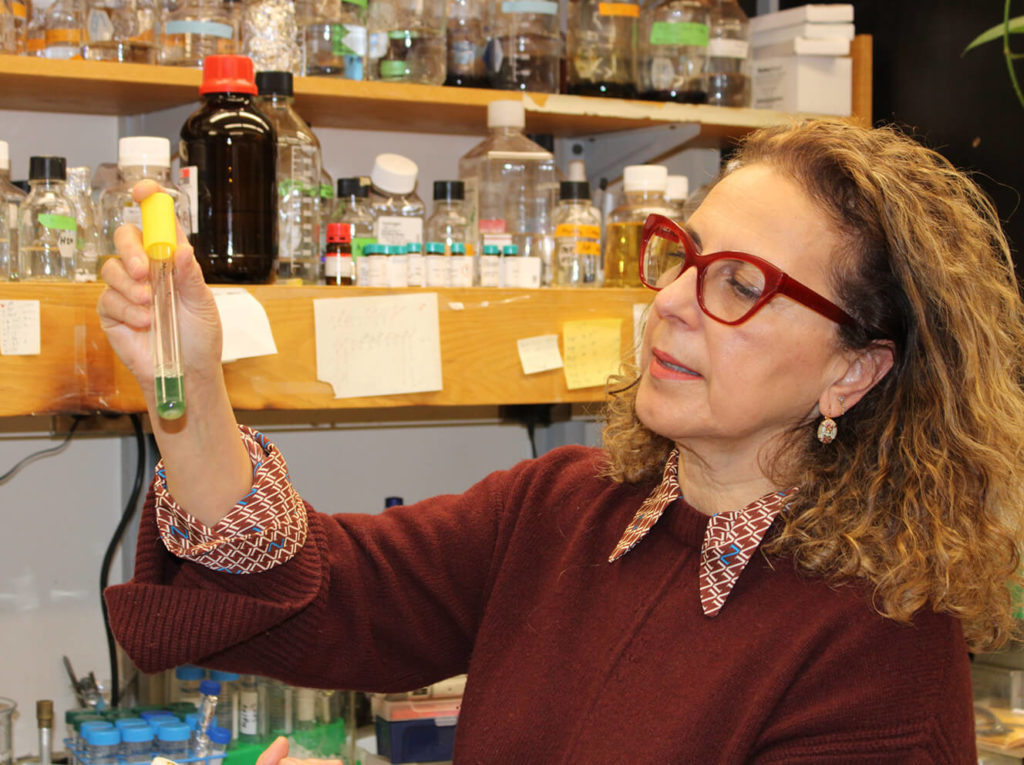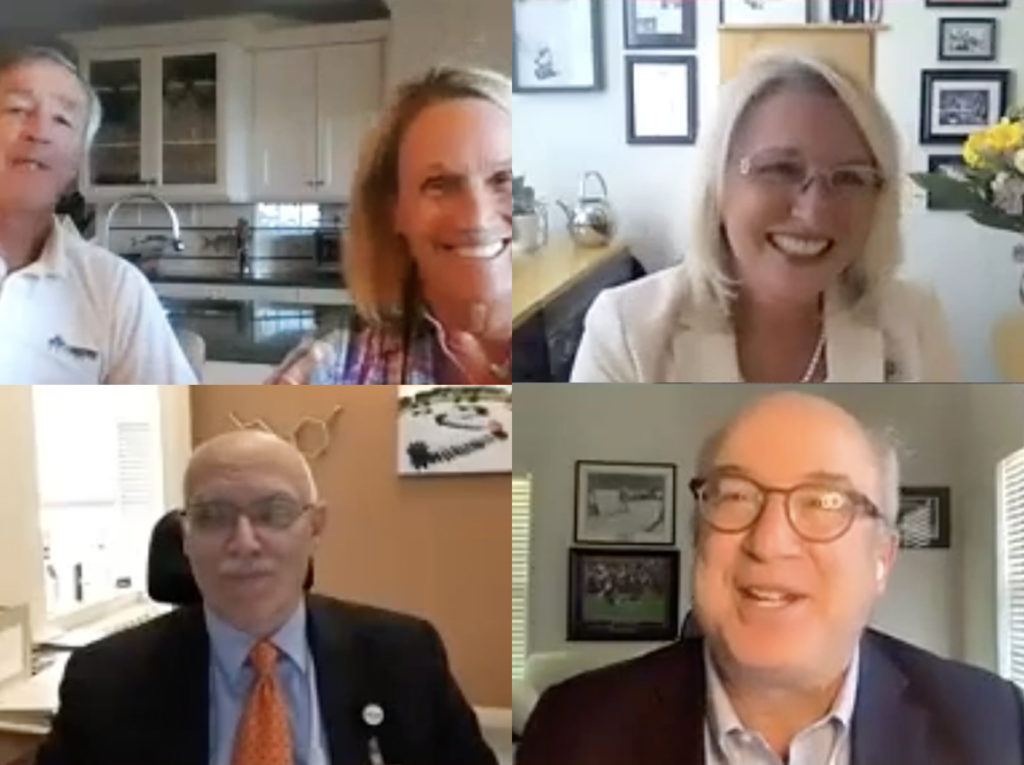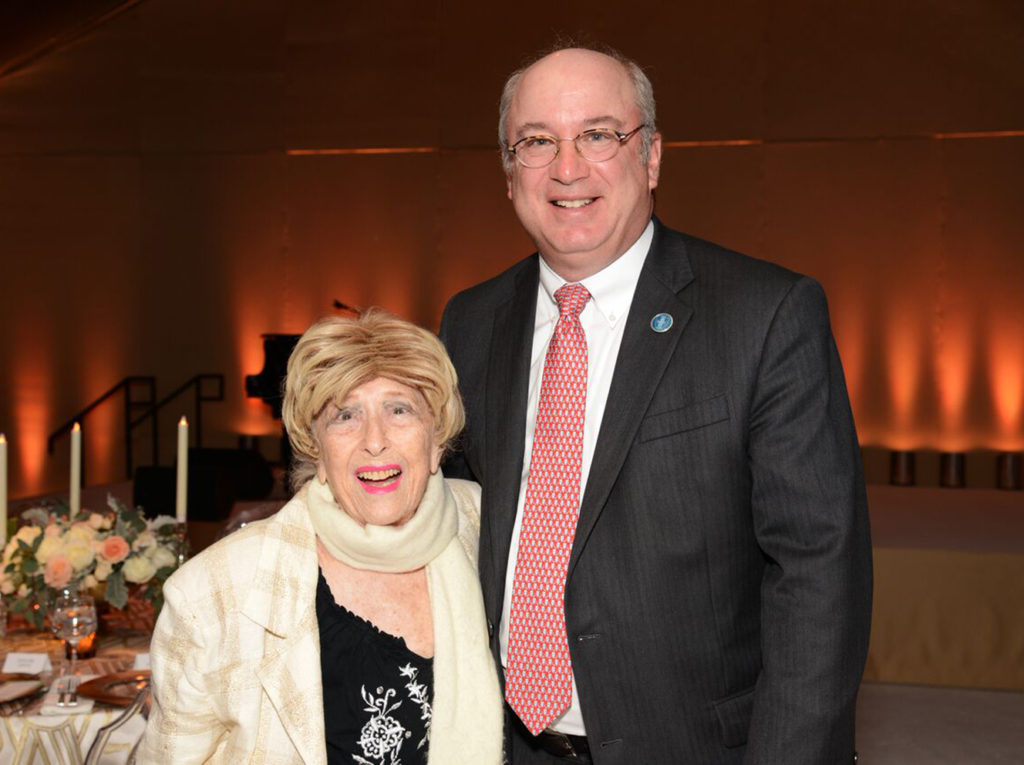Many of the medical breakthroughs of the past few centuries began with questions that were first asked in the context of patient care. The first dialysis machine, for example, was created by a doctor who was inspired by an early experience treating a young patient with kidney failure.
The service provides residents with the opportunity to dig deeper into clinical cases where patients present with extreme or unusual disease symptoms.
Over the past few decades, however, the connection between patient care and scientific inquiry has been challenged by a variety of factors, including changes in the way clinical care is delivered, shorter lengths of stay for patients, more specialization among fields and additional administrative requirements on clinicians that take time away from open-ended investigation.
The Pathways Service
A little over a year ago, the Department of Medicine at Massachusetts General Hospital launched the Pathways Service to strengthen the connections between patient care and scientific inquiry.
The service provides residents with the opportunity to dig deeper into clinical cases where patients present with extreme or unusual disease symptoms.
Referring residents are given two weeks to review the case, meet with the patient and family members, come up with a biologic hypothesis and identify potential next steps, both in the clinic and the lab, which could help to answer the scientific questions that the case brings up.

The residents then present the case at a conference attended by other interested residents and a volunteer group of faculty from a range of disciplines. After debating the underlying mechanisms and potential experiments, the group agrees on recommendations for additional clinical and laboratory investigation.
Wide Range of Cases
The cases selected for the Pathways Service thus far have touched on a wide range of questions in medicine, such as what factors control the thickness and contractility of the heart wall and why glucocorticoids (a class of anti-inflammatory drugs) are not effective in treating scleroderma, an autoimmune disorder that results in the hardening of the skin and connective tissues.
“We’re hoping to build a workforce that thinks about connecting clinical questions to scientific inquiry …”
The service recently considered the case of a patient who had been given a diagnosis of inflammatory bowel disease (IBD), but did not develop the disease as expected. The patient suddenly presented at the hospital with acute renal failure, and was found to have granulomas (clusters of white blood cells that form to wall off a foreign substance the body cannot otherwise eliminate) in an unexpected area of the kidneys.
Having Time to Dig In
The case not only encouraged the presenting team to think differently about what might be driving the inflammatory process, it even encouraged one resident to change her career path to focus on understanding the underlying causes of granulomas.
“What was most exciting to us is that it changed the course of what that resident thought about studying and doing for the rest of her career, recognizing that we don’t understand granulomas at all,” says Katrina Armstrong, MD, chief of the Department of Medicine.
A Legacy of Discovery
The Pathways Service was the concept of two medical residents, Victor Fedorov, MD, PhD, and Lauren Zeitels, MD, PhD. Tragically, both Dr. Fedorov and Dr. Zeitels were killed in an avalanche in March of 2017 while on a snowshoeing expedition in western Canada. A memorial fund has been set up in Dr. Zeitels’ name to support the Pathways Service. Learn more.
“I think it’s the power of the individual case driving the question, but also having the time to dig in and recognize how little we understand about disease progression right now, and to identify the tools available to address the scientific questions that arise in caring for patients with unusual or unexpected diseases or disease states.”
Promising Early Results
The Pathways Service has been well received so far, and organizers say they’re pleased to see an enthusiasm for case discussion and problem-solving spreading among participants.
“We have been amazed that over the last year, the demand to participate and the feedback we’ve been getting from residents has been extraordinary,” Dr. Armstrong adds. “For us, the short-term impact is how it has become adopted and integrated into the residency program in such a brief time.”
“Even though the service represents only two weeks out of the time that residents spend at Mass General, it has a profound impact in how they think about medicine, and how they can use questions that arise during patient care to dig deeper,” she adds.
Measuring the long-term impact will be more of a challenge, Dr. Armstrong acknowledges. “We’re hoping to build a workforce that thinks about connecting clinical questions to scientific inquiry, and that will mentor young people to think the same way.
“To some extent, our success will be measured by what is written in history books about where academic medicine goes over the next 20 years.”
To learn more about how you can support Department of Medicine programs at Mass General, please contact us.
The Research Institute: Saving Lives Through Science
 The Massachusetts General Hospital Research Institute is the largest hospital-based research program in the United States, with a community of more than 8,500 people working across more than 30 institutes, centers and departments.
The Massachusetts General Hospital Research Institute is the largest hospital-based research program in the United States, with a community of more than 8,500 people working across more than 30 institutes, centers and departments.
Our researchers work side-by-side with physicians to pioneer the latest scientific advancements for curing disease and healing patients in Boston, across the United States and around the world.
To learn more about the Research Institute, please visit our website.








